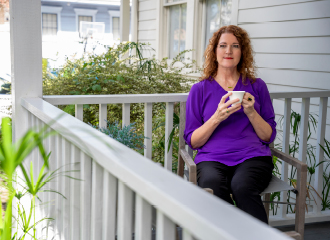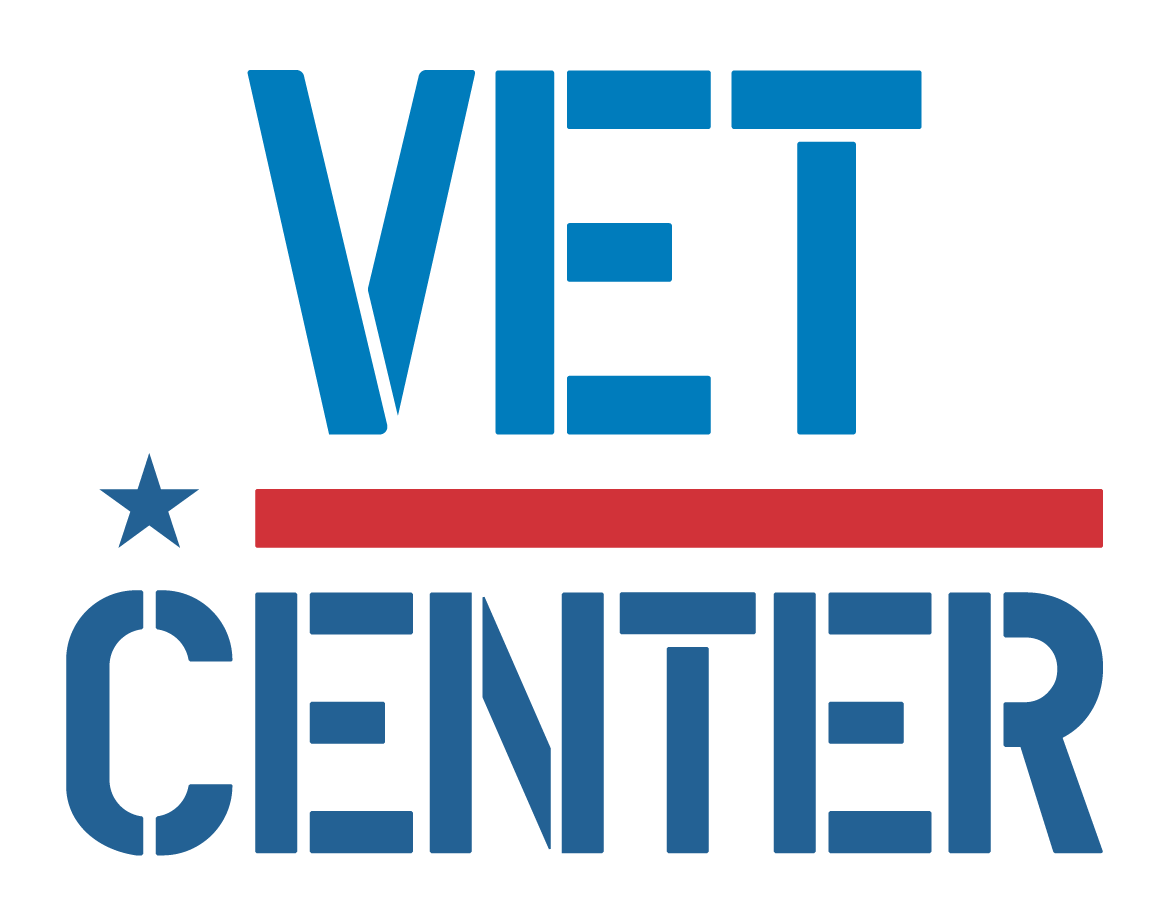The signs and symptoms of depression may be hard to notice at first. One way to tell if what you’re experiencing might need attention is to consider whether your thoughts, moods, or behaviors have changed noticeably. Is your mood different than usual for you? Have others noticed a difference?
“Over there, I never had the time, energy, or free will to even begin to deal with some of the emotions I was bottling up. A few months after I got back was a different story, though. I was finally having to deal with all the issues I’d stored away”
For some people, these symptoms may not be something new. It might seem as if you have always felt down and blue.
These are two common symptoms of depression:
- Feeling sad or hopeless
- Losing interest in or not getting pleasure from most of your daily activities
If you experience either of these symptoms nearly every day for at least two weeks, you may be depressed.
Not everyone with depression has the same symptoms or feels the same way. One person might have difficulty sitting still, while another may find it hard to get out of bed each day. These are some other symptoms that may be signs of depression or may go along with being depressed:
- Gaining or losing weight
- Eating more or less than usual almost every day
- Sleeping too much or not enough almost every day
- Feeling restless and unable to sit still
- Feeling that moving takes great effort
- Feeling tired or as if you have no energy almost every day
- Feeling unworthy or guilty nearly every day
- Having low self-esteem or feeling down on yourself
- Finding it hard to focus, remember things, or make decisions nearly every day
- Feeling anxious, worried, or nervous
- Drinking more alcohol or caffeine
- Taking more of a prescription or over-the-counter medication than is directed
- Smoking or using tobacco more often
Having thoughts of suicide, thinking that others would be better off without you, and believing that there is no other way out of your problems are very serious symptoms of depression and need immediate attention. It’s important you talk to someone right away if you have thoughts of death or suicide. To reach the Veterans Crisis Line, Dial 988 then Press 1, use the online chat service, or send a text message to 838255. The Veterans Crisis Line offers free, confidential support, 24 hours a day, 7 days a week, 365 days a year.
Depression is a highly treatable condition, and there are things you can do to recover if you are depressed. A number of effective treatments can lead to positive and meaningful changes in symptoms and quality of life. Hundreds of thousands of Veterans have gotten help for depression.
Treatments for depression can involve counseling, therapy, medication, or a combination of these. Therapy and counseling can help you learn new ways of thinking, practice positive behaviors, and take active steps to cope with your symptoms. Antidepressant medications work in different ways to affect the chemicals in your brain that may be associated with being depressed. You may need to work with your doctor or counselor and try different types of treatment before finding the one that fits best with your preferences, symptoms, and challenges.
“I wasn’t a big fan of pills, or therapists for that matter. But I got to the point where anything was worth a shot. Now that I got the treatment I needed and see how much better every day looks, I wish I would have gone in sooner.”
In addition to getting treatment, you can adjust your lifestyle to help relieve depression symptoms. Try to work these into your daily routine:
- Walk, jog, or work out. Physical activity can improve your mood and help you sleep better.
- Eat healthy meals regularly. Good nutrition helps your body and your mind.
- Try to get a good night’s sleep. Getting quality sleep can help you feel better.
- Practice relaxation or grounding techniques. A shower, deep breathing, or time in a quiet place to collect your thoughts can help relieve stress and get you through difficult moments.
Your family and close friends may be the first to notice you’re having a tough time. Turn to them when you are ready to talk. It can be helpful to share what you’re experiencing, and they may be able to provide support and help you find treatment that is right for you.
You can also take a confidential and anonymous self-assessment to help you find out if your feelings and behaviors may be related to depression. This short list of questions won’t be able to tell you for sure whether you have depression, but it may indicate whether it’s a good idea to see a professional for further assessment.
Every day, Veterans from all military service branches and eras connect with proven resources and effective treatments. Here’s how to take the next step: the one that’s right for you.
New to VA? Apply for health care benefits.
- Getting started is simple. Create a free account online to help ease your enrollment process. To prepare to apply for VA health care in person, by telephone, or by mail, explore VA’s “How to Apply for VA Health Care” page.
- Not sure whether you are eligible for VA health care benefits? Read about eligibility for VA health care.
- Unsure of what kind of help you need? Call 877-222-VETS (877-222-8387) to find the right resources to meet your needs, Monday through Friday, 8:00 a.m. to 8:00 p.m. ET. If you have hearing loss, call TTY: 800-877-8339.
- Veterans’ family members and caregivers can see whether they qualify for VA medical benefits as a spouse, surviving spouse, dependent child, or caregiver. Explore family and caregiver health benefits.
Already enrolled in VA and interested in mental health support? Schedule a mental health appointment.
- If you’re already enrolled in and using VA health care, the fastest way to schedule VA appointments is to call the VA facility where you want to receive care.
- With VA appointments tools, you can schedule some VA health care appointments online, view details about upcoming appointments, and organize your health care calendar.
- If you’re not using VA medical services, contact your nearest VA medical center or Vet Center to talk about your needs.
What about other options at VA? VA offers a variety of tools and resources.
- The Veteran Training online self-help portal includes modules on managing anger, developing parenting and problem-solving skills, and more.
- Mental health apps for Veterans cover a variety of topics, ranging from PTSD to anger management to quitting smoking.
- VA TeleMental Health connects you with a VA mental health provider through a computer or mobile device in your home or at your nearest VA health facility. You can learn more about this option from your local VA medical center.
- Community-based Vet Centers provide confidential counseling, community engagement and referral services to eligible individuals and their families. You don’t need to be enrolled in VA healthcare or have a service connection to receive services. Find a Vet Center near you or call 877-927-8387, 24/7 to talk with a fellow Veteran about your experiences.
- VA residential rehabilitation treatment, sometimes referred to as inpatient residential or domiciliary care, provides comprehensive treatment and rehabilitation services to Veterans with mental health conditions like PTSD, depression, and substance use disorder.
What about support outside of VA?
FindTreatment.gov and the National Resource Directory list programs outside of VA. Use these tools to find resources near you.
Learn more about what you can do if you are experiencing specific concerns related to depression, such as chronic pain, trouble sleeping, relationship problems, retirement and aging, and posttraumatic stress.











